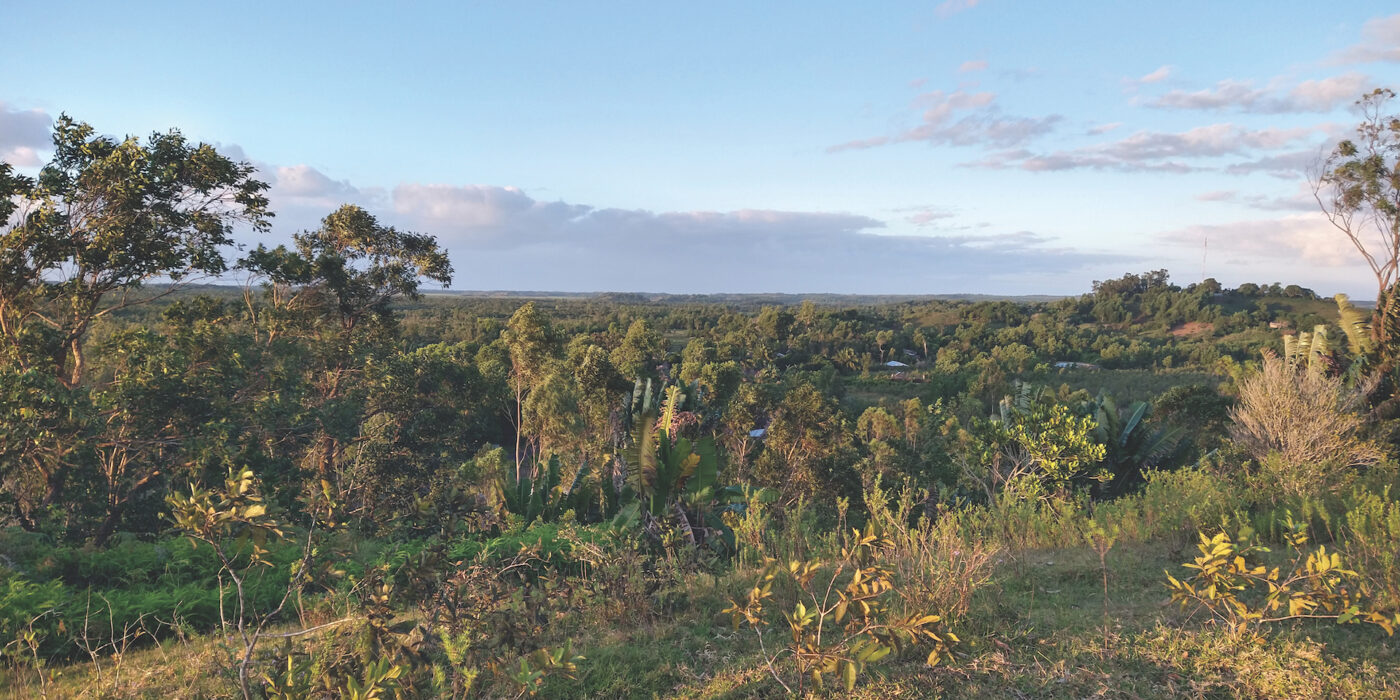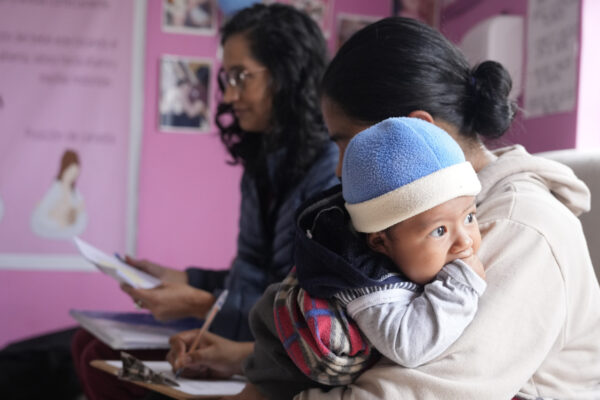Walking 7.5 miles in the rain to gather information from a fishing village in Madagascar isn’t every college student’s cup of tea.
But the nine sophomores in the Pathfinder Fellows in Environmental Leadership program were ready for this type of challenge. A spring 2024 course, “Community Based Conservation: Madagascar Sustainability Initiative,” prepared them to work with community members to conserve and protect portions of the fragile Madagascar ecosystem from overexploiting of its valuable biodiversity, which includes species of rosewood and ebony. And the students’ previous three semesters as Pathfinder fellows prepared them for the rigors of field research.
“They’re putting on their rain jackets and hiking 12 kilometers out to the communities, getting their work done while dealing with heat and blisters and more, and there was barely a complaint,” says Froggi VanRiper, lecturer in environmental studies, who co-taught the course and accompanied the students on the trip.
30+
Hours of travel to Madagascar
2.5
Days on bus over rough roads
7
Villages visited
500+
People contacted
The Pathfinder program is a multiyear program providing a small cohort of undergraduates with field experience around the themes of environmental science, policy, humanities and sustainability. For more than a decade, Pathfinder students went to Madagascar in coordination with a program led by Olin Business School’s Judi McLean Parks. This year’s trip was the first designed solely for Pathfinder students.
The course and trip were made possible by a partnership with the Missouri Botanical Garden (MBG), which has been doing conservation work through its Madagascar program for decades. In fact, the course was co-taught by Armand Randrianasolo, a senior curator at MBG and native of Madagascar who has established long-term relationships and trust with rural villagers.
“Deforestation is a big problem in Madagascar,” Randrianasolo says. “To protect biodiversity, we need to protect forests. Yes, people can still use the forest, but they need to use it sustainably so we can have it for a long time and for future generations.”
This year’s trip had been redesigned to emphasize community-based conservation, which acknowledges that communities living in and relying on ecosystems need to be active leaders in conserving the resources.
During the semester, four student teams developed research proposals based on MBG priorities: fishing/food security, sanitation/fertilizer, improved cookstoves and malaria education. They also studied the culture of Madagascar and learned about qualitative research methods. Then, at the conclusion of the spring semester, the nine Pathfinder students left for Madagascar.
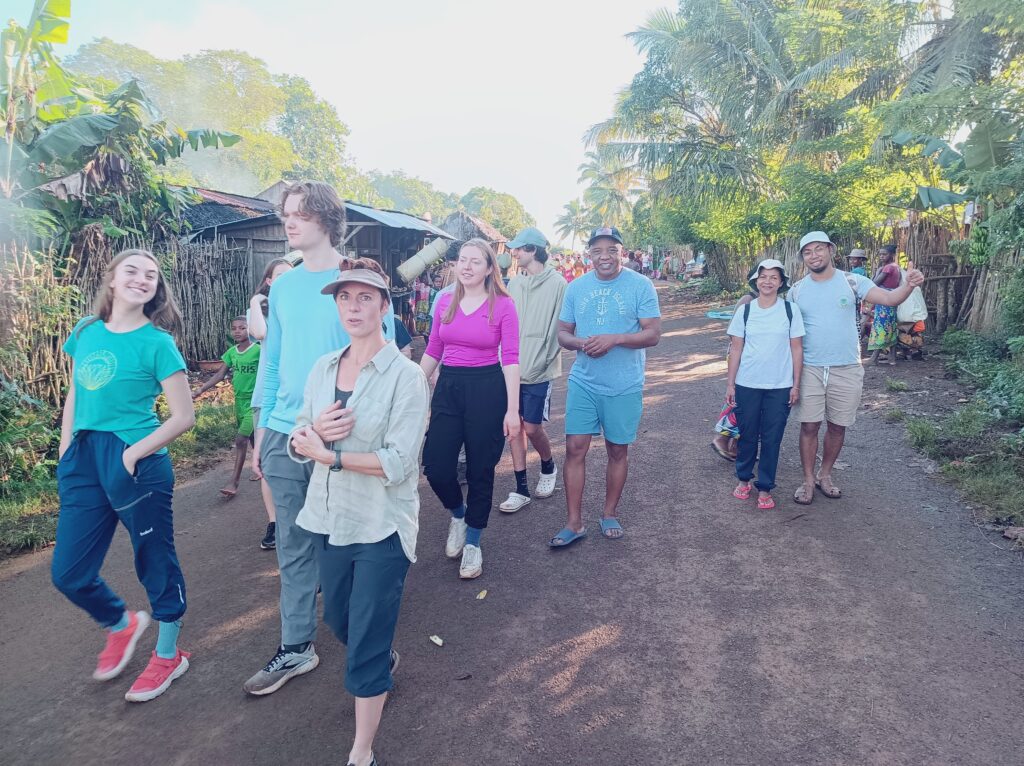
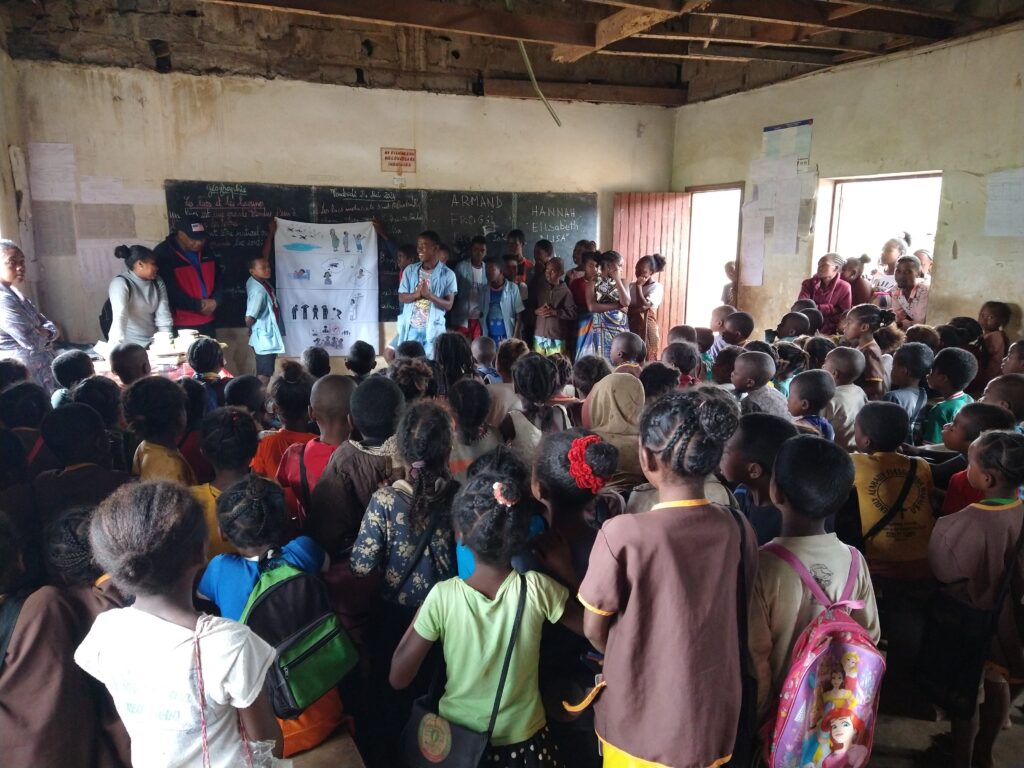
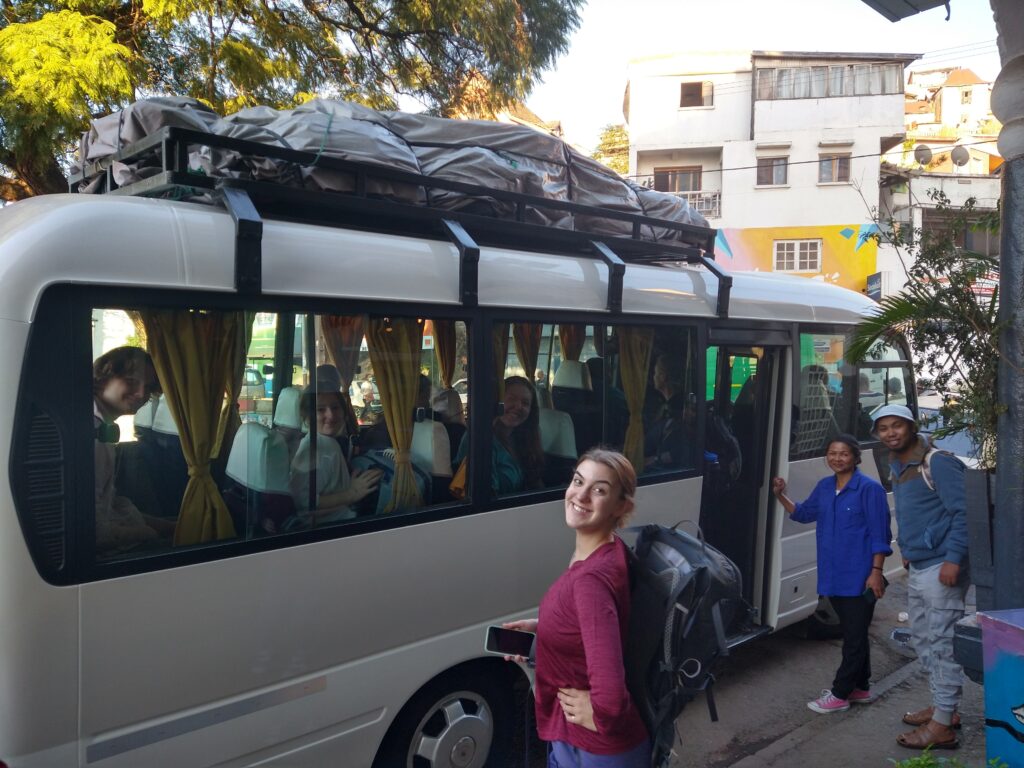
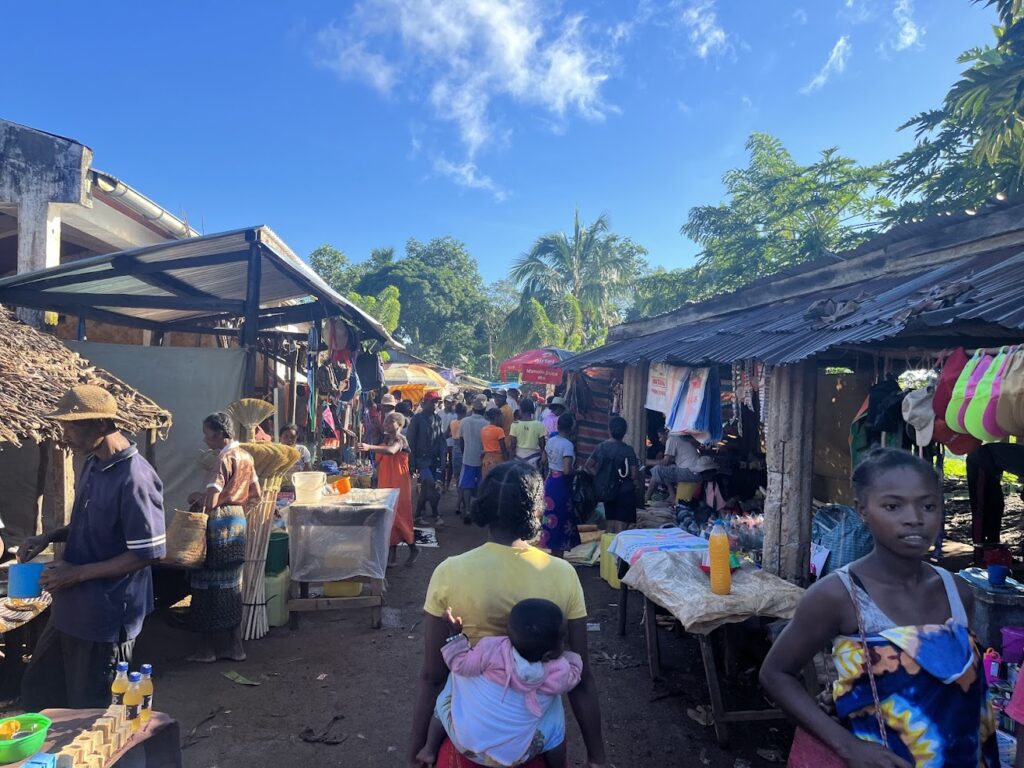
On the first day of the students’ two-week stay, elders and community representatives came to hear their proposals. The well-received presentations — along with help from MBG cultural advisers/translators — ensured that the students were welcomed when they visited surrounding villages. During the visits, the students conducted focus groups and gave presentations to school children.
Aiden Warner, a Pathfinder fellow majoring in microbiology, coached middle school children on malaria prevention and how to explain it to elementary students. “It was very nice to see them so excited to teach their younger classmates,” Warner says, “and for the younger students to be so engaged with the material.”
Elizabeth Swords, a Pathfinder fellow majoring in environmental analysis, showed villagers how to make fuel-efficient stoves from clay mud. “I was very humbled by the superior craftsmanship of their stoves compared to our demo,” she says. “But more than anything, I was thrilled to see their excitement for the project.”
VanRiper says the students performed master’s level research that will eventually be published. “This is the baseline year, so moving forward they can be as involved as they want to be,” she says. “All of them have the ability, if they elect, to maintain involvement and be one of the top authors when it goes to publication.”
And thanks to the efforts of these students, Pathfinder classes for years to come will work with villagers to evaluate and improve the projects launched this year.
Randrianasolo was impressed by the commitment shown by this class. “They weren’t there for the grade,” he says. “They were thinking, ‘If I get this right, maybe I can impact people in a positive way.’”
